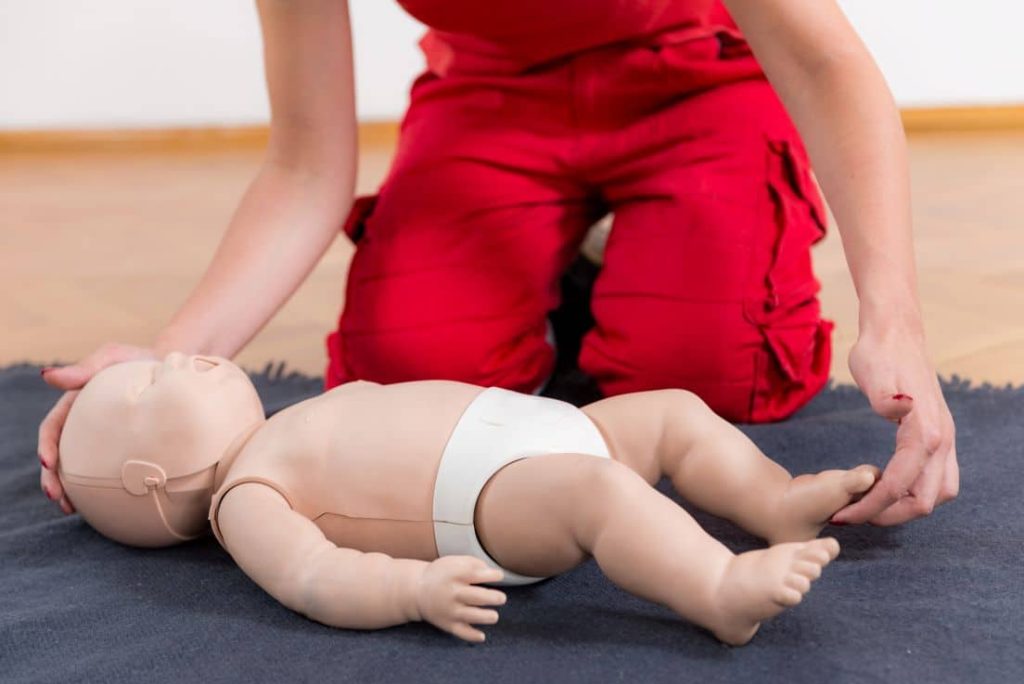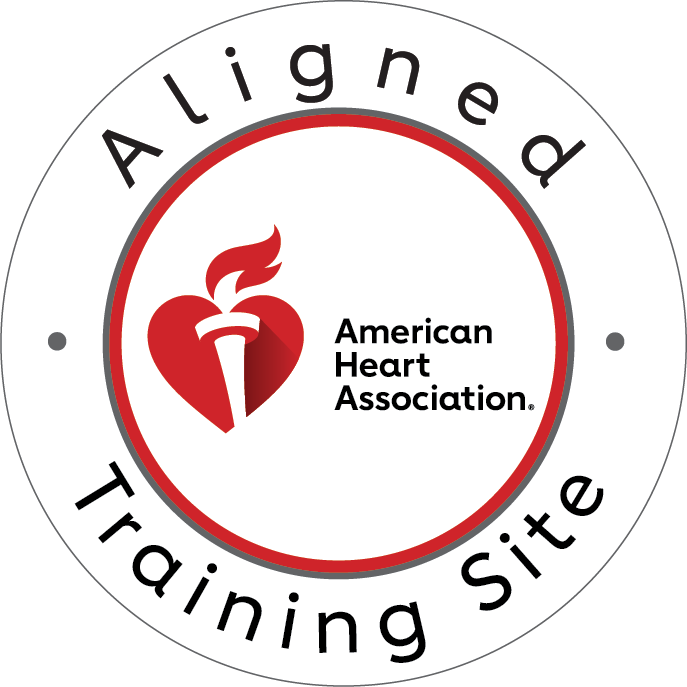When seconds count in pediatric emergencies, healthcare providers need a systematic approach that ensures nothing is missed. The ABCDE Assessment PALS framework provides exactly that—a structured method that dramatically improves outcomes in pediatric resuscitation scenarios.
Understanding the ABCDE Assessment PALS Framework
The ABCDE Assessment represents a cornerstone of pediatric advanced life support. This systematic evaluation method guides healthcare professionals through critical assessment priorities during pediatric emergencies. Each letter corresponds to a vital component that requires immediate attention.
A stands for Airway management, B represents Breathing assessment, C focuses on Circulation evaluation, D addresses Disability or neurological status, and E covers Exposure and environmental factors. This methodical approach ensures comprehensive patient evaluation while maintaining focus on life-threatening conditions.
Research consistently demonstrates that structured assessment protocols like the ABCDE Assessment PALS significantly reduce medical errors. Furthermore, they improve response times during high-stress situations. Healthcare teams using this framework report increased confidence and better patient outcomes.
Airway Management in Pediatric ABCDE Assessment
Airway assessment forms the foundation of pediatric resuscitation efforts. Children present unique anatomical challenges that require specialized knowledge and techniques. Their proportionally larger heads, smaller airways, and different airway positioning demand careful consideration.
During the airway component of the ABCDE Assessment PALS, providers must quickly identify obstructions, evaluate airway patency, and implement appropriate interventions. Common pediatric airway issues include foreign body aspiration, swelling from infections, and trauma-related complications.
Effective airway management techniques include proper positioning, suctioning when necessary, and advanced airway placement when indicated. The key lies in recognizing when simple maneuvers suffice versus when aggressive intervention becomes necessary. Additionally, providers must consider age-appropriate equipment sizing and positioning techniques.
Breathing Evaluation Through ABCDE Assessment PALS
Breathing assessment extends beyond simply checking for respiratory effort. The ABCDE Assessment PALS protocol requires evaluation of respiratory rate, quality, and effectiveness. Children compensate differently than adults, making subtle signs critically important.
Healthcare providers must assess work of breathing, oxygen saturation levels, and chest movement symmetry. Signs of respiratory distress in children often appear gradually, then deteriorate rapidly. Therefore, early recognition becomes paramount for successful intervention.
Intervention strategies during the breathing phase include supplemental oxygen administration, positive pressure ventilation, and addressing underlying causes. The systematic approach ensures providers don’t miss subtle but significant findings that could impact treatment decisions.
Circulation Assessment in Pediatric Emergencies
Circulatory evaluation represents perhaps the most critical component of the ABCDE Assessment PALS. Children maintain blood pressure through compensation mechanisms longer than adults. Consequently, hypotension often indicates severe decompensation requiring immediate intervention.
Pulse assessment, capillary refill evaluation, and skin color examination provide valuable circulatory information. Additionally, providers must consider heart rate appropriateness for age and clinical context. Tachycardia may indicate compensation, while bradycardia often signals impending arrest in pediatric patients.
Circulatory interventions include fluid resuscitation, vasoactive medications, and addressing bleeding sources. The ABCDE Assessment PALS framework ensures systematic evaluation, preventing oversight of treatable conditions that could dramatically impact outcomes.
Disability and Neurological Assessment
The disability component of the ABCDE Assessment PALS focuses on neurological function evaluation. This includes consciousness level assessment, pupil examination, and gross neurological function testing. Pediatric patients present unique challenges in neurological assessment due to developmental variations.
Glasgow Coma Scale modifications for pediatric patients provide standardized assessment tools. However, providers must understand age-appropriate responses and developmental milestones. Additionally, they should consider potential causes of altered mental status beyond traumatic brain injury.
Blood glucose levels, medication effects, and metabolic disturbances can all impact neurological presentation. The systematic ABCDE Assessment PALS approach ensures a comprehensive evaluation of potential reversible causes.
Exposure and Environmental Considerations
The final component of the ABCDE Assessment PALS addresses exposure and environmental factors. This includes complete patient examination, temperature regulation, and privacy protection. Children lose heat rapidly, making temperature management crucial during resuscitation efforts.
Environmental assessment encompasses injury pattern evaluation, potential toxin exposure, and abuse consideration when appropriate. Healthcare providers must balance thorough examination with maintaining patient dignity and family presence when possible.
Documentation during this phase proves essential for ongoing care coordination. The systematic approach ensures all relevant findings receive appropriate attention and communication to the healthcare team.
Implementation Strategies for ABCDE Assessment PALS
Successful ABCDE Assessment PALS implementation requires regular training, simulation practice, and team coordination. Healthcare facilities benefit from standardized protocols that incorporate this framework into their pediatric emergency procedures.
Team training exercises should emphasize communication patterns that support the systematic approach. Clear role assignments and standardized terminology enhance team effectiveness during actual emergencies. Moreover, regular competency assessments ensure skill maintenance over time.
Quality improvement initiatives that track ABCDE Assessment PALS utilization often demonstrate measurable outcome improvements. These may include reduced time to intervention, decreased medical errors, and improved patient satisfaction scores.
Common Challenges and Solutions
Healthcare providers face several challenges when implementing the ABCDE Assessment PALS protocols. Time pressure, emotional stress, and equipment availability can all impact systematic assessment completion. However, structured training programs address these barriers effectively.
Family presence during pediatric emergencies adds complexity but often improves outcomes when managed appropriately. Training programs should address communication strategies that support both family needs and clinical efficiency.
Equipment preparation and age-appropriate sizing charts support rapid, accurate interventions. Facilities investing in standardized pediatric emergency equipment report improved ABCDE Assessment PALS implementation success.
Measuring Success and Continuous Improvement
Outcome measurement provides essential feedback for the ABCDE Assessment PALS program’s effectiveness. Key metrics include response times, intervention accuracy, and patient survival rates. Additionally, team confidence surveys and error reporting systems provide valuable improvement data.
Regular case review sessions help identify implementation gaps and success stories. These discussions reinforce proper technique while addressing system-level barriers to optimal performance.
Continuing education requirements ensure healthcare providers maintain current knowledge and skills. Professional development opportunities should emphasize both individual competency and team-based performance improvement.
Take Action: Enhance Your Pediatric Resuscitation Skills
Mastering the ABCDE Assessment PALS techniques requires comprehensive training and regular practice. Healthcare providers need current certification and ongoing education to maintain optimal performance during pediatric emergencies.
CPR Kansas City offers expert PALS certification Kansas City training that emphasizes hands-on practice and real-world application. Our American Heart Association training site provides stress-free learning environments where healthcare professionals develop confidence in systematic assessment techniques.
Don’t wait until an emergency arises to discover gaps in your pediatric resuscitation knowledge. Enroll in our CPR certification Kansas City programs today and join the ranks of healthcare providers who are prepared to make a difference when children’s lives hang in the balance. Contact CPR Kansas City to schedule your PALS certification and take the first step toward becoming a more effective pediatric emergency responder.





